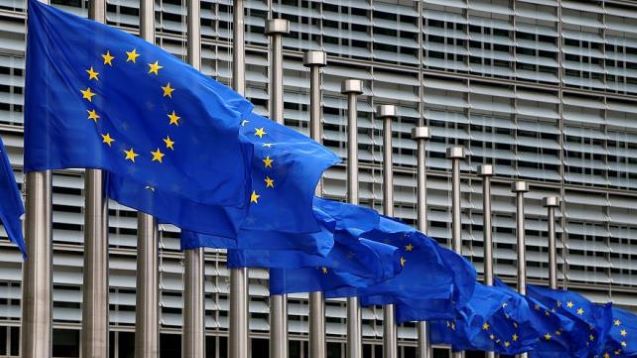The European Commission launched a probe into China’s public procurement of medical devices on Wednesday, the latest in a series of moves that ratchet up trade tensions ahead of President Xi Jinping’s visit to Europe next month.
The investigation – which Beijing swiftly criticized – is meant to determine if European suppliers of devices ranging from needles and orthopedic appliances to complex scanners have been granted fair access in China.
If it concludes that they have not, it could lead to the bloc placing restrictions on Chinese medical device companies bidding in EU public tenders, ranging from enforcing a lower score for bidding Chinese companies to full exclusion.
The probe is the first under the EU International Procurement Instrument, which aims to promote reciprocity in access to international public procurement markets, following long-running complaints from European companies and governments over access to the Chinese market.
With the EU flexing its trade muscles, this investigation follows the launch in October of a major probe into cheaper Chinese electric vehicle.
And it comes just a day after a Chinese security equipment company was raided by the European Commission at its Dutch and Polish offices.
The EU is also looking at subsidies received by Chinese suppliers of wind turbines and solar power destined for Europe.
German Chancellor Olaf Scholz lobbied for better market access for German firms in China in talks with Xi this month.
“The EU has always boasted that it is the most open market in the world, but of course what the outside world sees is that the EU is moving step by step towards protectionism,” Chinese foreign ministry spokesperson Wang Wenbin told reporters.
The EU should “stop using all kinds of excuses to suppress and restrict Chinese enterprises for no reason”, he said.
US approach
The EU’s more robust stance dovetails with Washington’s firm approach.
U.S. Treasury Secretary Janet Yellen warned China earlier this month that Washington would not accept new industries being “decimated” by Chinese imports. U.S. Secretary of State Antony Blinken arrived in Shanghai Wednesday, with trade issues also high on the agenda.
The EU official journal listed a number of ways in which the Commission suspected China was unfairly favoring Chinese bidders for medical devices, including a “Buy China” policy, restrictions on imports and conditions leading to abnormally low bids that profit-oriented companies could not offer.
“The Commission’s preliminary assessment is that the above measures and practices result in a de jure and de facto serious and recurrent impairment of access of (European) Union economic operators,” the EU Official Journal said.
The Commission has invited China to submit its views and also to enter consultations with the Commission to eliminate or remedy the alleged measures and practices, the journal said.
The investigation is to be concluded within nine months, although the Commission can extend this period by a further five months.__VOA News





